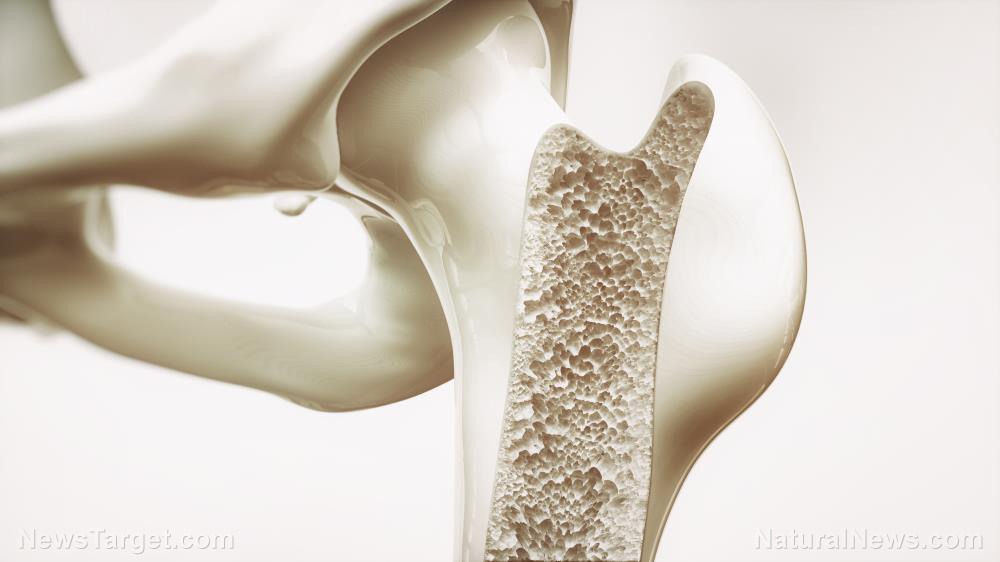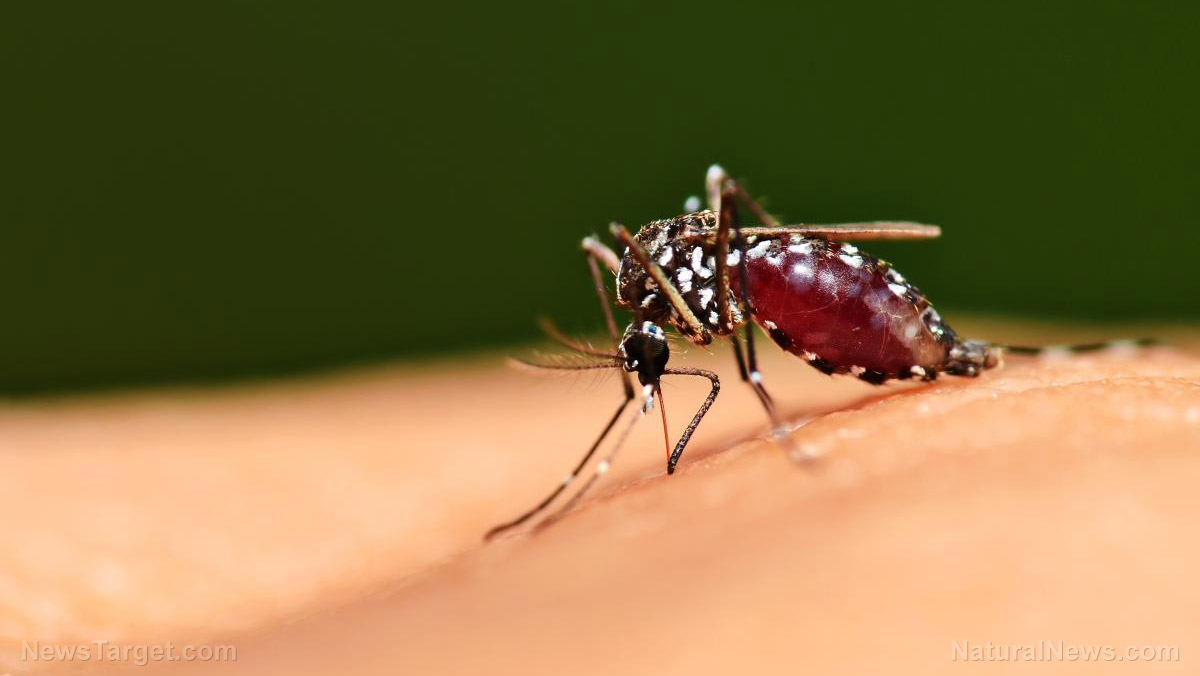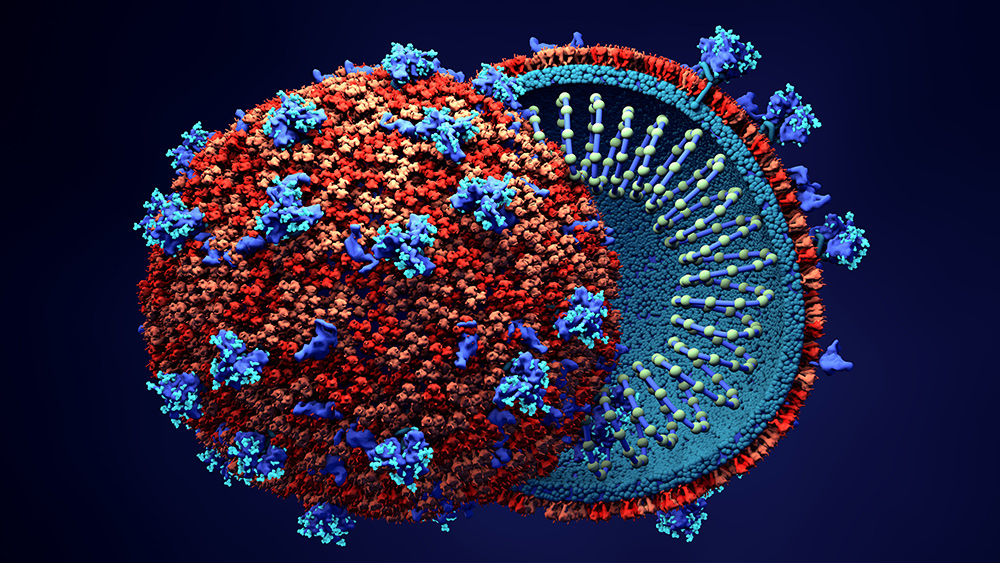Autism symptoms may be reduced by therapeutic scalp acupuncture, researchers find
07/05/2019 / By Ralph Flores

Researchers from the Hong Kong Baptist University have found that scalp acupuncture can be used as a therapy for autism spectrum disorders (ASD). Their findings were published in the journal Chinese Medicine.
- In the study, researchers noted that incidences of ASD have been increasing recently. To note, while acupuncture is the most widely used therapy in complementary and alternative medicine (CAM), the relationship between factors such as chronological age or onset pattern and the effectiveness of the therapy is unclear.
- The team investigated the changes brought by scalp acupuncture to symptoms of ASD and whether age and onset type affect the effectiveness of the therapy.
- Researchers enrolled children between the ages of two to 11 years old for the study. During the study, the participants received 30 sessions of scalp acupuncture therapy.
- They were then evaluated for any improvements after therapy.
- In addition, other factors that may affect the effectiveness of the the therapy, such as chronological age and onset pattern, were studied further and analyzed. The team also looked at the relationship between allergies and the onset pattern of ASD.
- Out of the 68 children enrolled in the study, researchers found that scalp acupuncture had a significant effective rate of 97 percent. In particular, researchers found that scalp acupuncture can improve verbal communication problems the most.
- The effectiveness of scalp acupuncture on those with ASD decreases with age, and those with natal autism benefit more than those with regressive autism.
- The researchers also noted a positive correlation between a person’s family history of allergy and onset pattern.
In sum, symptoms of ASD can be greatly alleviated by scalp acupuncture.
Find the full study at this link.
Journal Reference:
Yau CH, Ip CL, Chau YY. THE THERAPEUTIC EFFECT OF SCALP ACUPUNCTURE ON NATAL AUTISM AND REGRESSIVE AUTISM. Chinese Medicine. 2018;13(1). DOI: 10.1186/s13020-018-0189-6
Tagged Under: acupuncture, acupuncture therapy, allergies, alternative medicine, ASD, ASD onset pattern, autism, Autism Spectrum Disorders, brain health, children's health, cognitive health, Complementary and alternative medicine, disease treatments, immune system, natal autism, natural cures, natural medicine, regressive autism, remedies, research, scalp acupuncture, TCM, therapy




















